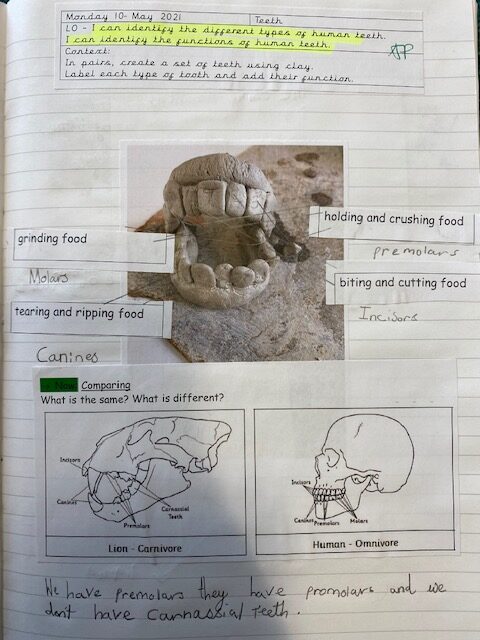Science
Intent:
At Woodcroft Primary School, the subject of Science provides children with the opportunity to gain an understanding of the world around them, through unique experiences and exciting enquiries which are designed to impart scientific knowledge and develop ‘working scientifically’ skills . At Woodcroft, our question driven learning journeys are designed to foster curiosity and a love of learning. Substantive and disciplinary knowledge progresses from EYFS to Year 6, developing children into effective scientists who will be successful in their further education. Our long term plan incorporates spaced practice to revisit topics through the year, ensuring children embed knowledge. Scientific vocabulary is explored and applied to explain reasoning and deepen understanding. Longitudinal studies in each year group provide opportunities to observe and measure changes over time.
Implementation:
When planning and teaching science teachers should consider:
- Focus on question driven topics to foster curiosity and give purpose
- A knowledge organiser which outlines previous learning, new knowledge and vocabulary that children must master;
- A KWL grid to assess prior knowledge, areas of interest to develop and at the end of the unit an assessment of what they have learnt;
- A vocabulary assessment grid to assess prior knowledge ( through a traffic light system)
- A learning journey which will enable all children to apply substantive and disciplinary knowledge outlined in the national curriculum and HIAS learning journeys
- Dual coding is used to provide visual representation of key scientific vocabulary
- Scientific enquiries have clear purpose and the teacher has a good understanding of the knowledge or skill they are teaching
- How questioning will be used to develop reasoning and thinking skills across all year groups and abilities.
- Retrieval practice at the start of each lesson to revisit prior topics and embed knowledge
- Teaching should be adapted to meet the needs of all learners
- How science skills and knowledge can link to wider areas of the curriculum
- Longitudinal studies which enable children to observe and measure changes over time
Impact:
Impact of our high quality science curriculum is evident through:
- Assessment of both working scientifically skills and scientific knowledge.
- Pupil discussions about their learning.
- An evaluation of learning through KWL grids and vocabulary development.
- Pupils are able to apply scientific skills in different contexts.
- Pupils are able to reason, question and explain their scientific thought.
- Pupils can observe changes over long periods of time and note how changing seasons affect cycles in nature.
- Pupils are curious and question the world around them.
